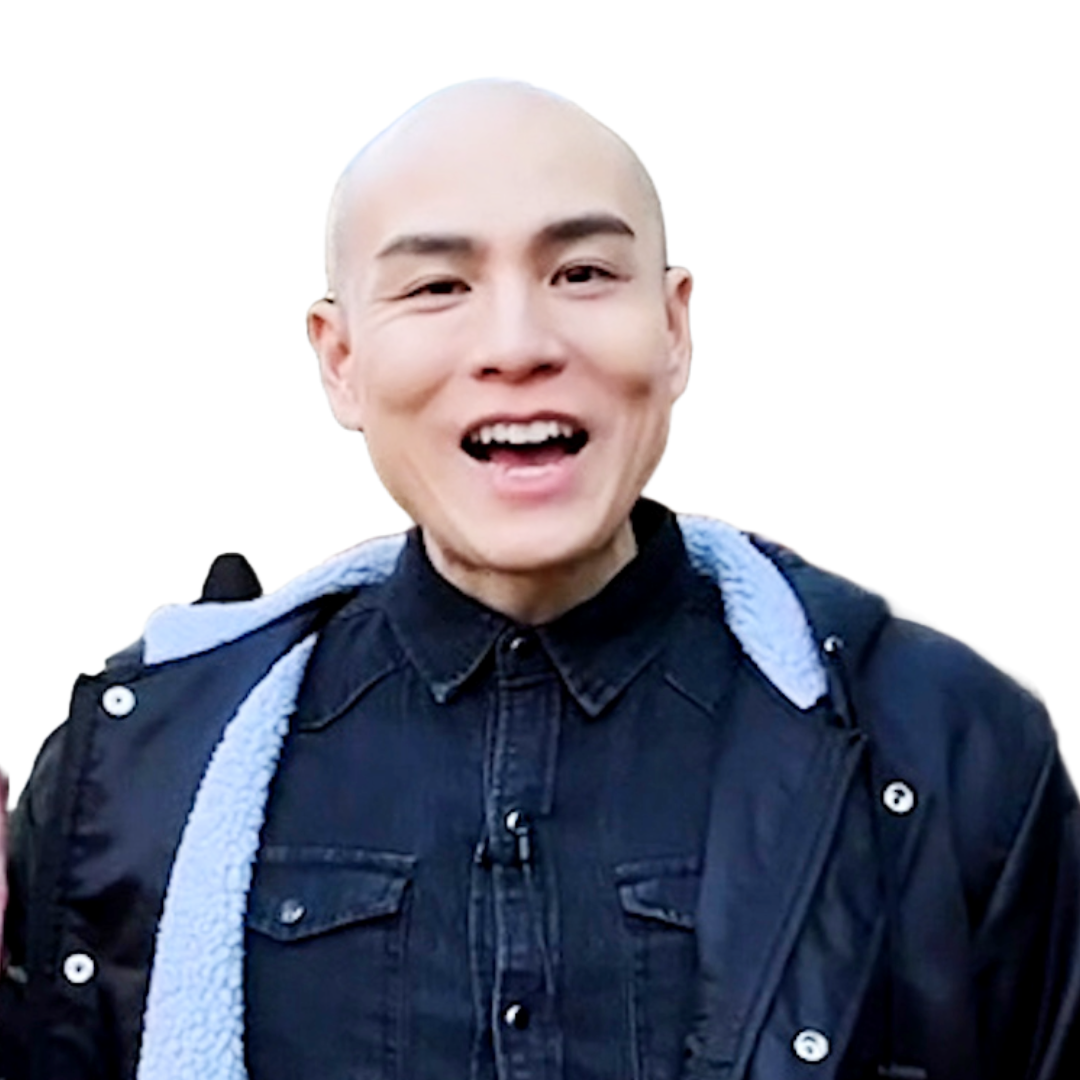
カラオケに来ました。
I came to karaoke.

ぼくの趣味は歌うことです。
My hobby is singing.

でも、人前で歌うのははずかしいです。
But, singing in front of people is embarrassing.

みなさんはカラオケとか行くことはありませんか。
Do any of you go to karaoke or something like that?

ぼくはときどき、カラオケに行きます。
I sometimes go to karaoke.
| 趣味 | hobby |
| うたう | sing |
| 人前 | in front of people |
| ときどき | sometimes |
〜は[Vdic.]こと です
Please take a look at the sentence below first.
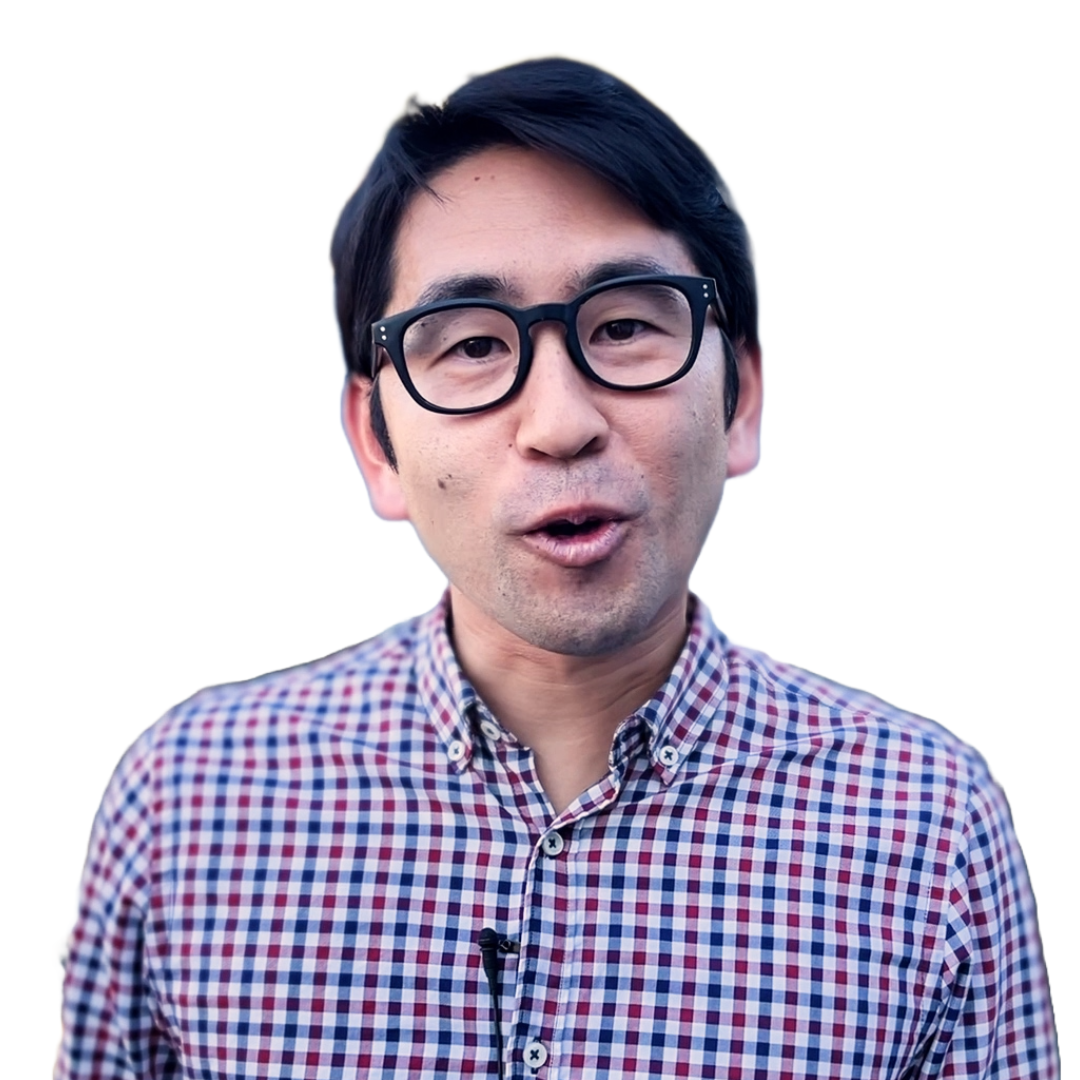
それはビールです。
That is beer.
This is simply a sentence structure of “A は B,” which we covered in Vol. 2.
For A, the subject, and for B, naturally, a noun is used.
This time, we’ll try putting the noun phrase “dictionary form + こと” into B.
For example, for A, we have “しゅみ” (hobby), and for B, we’ll put “うたうこと” (singing).

趣味は、歌うことです。
My hobbies is singing.
We’re using noun phrases, but please note that it is a simple “A は B” sentence structure.
By using noun phrases like this, you can express various things.
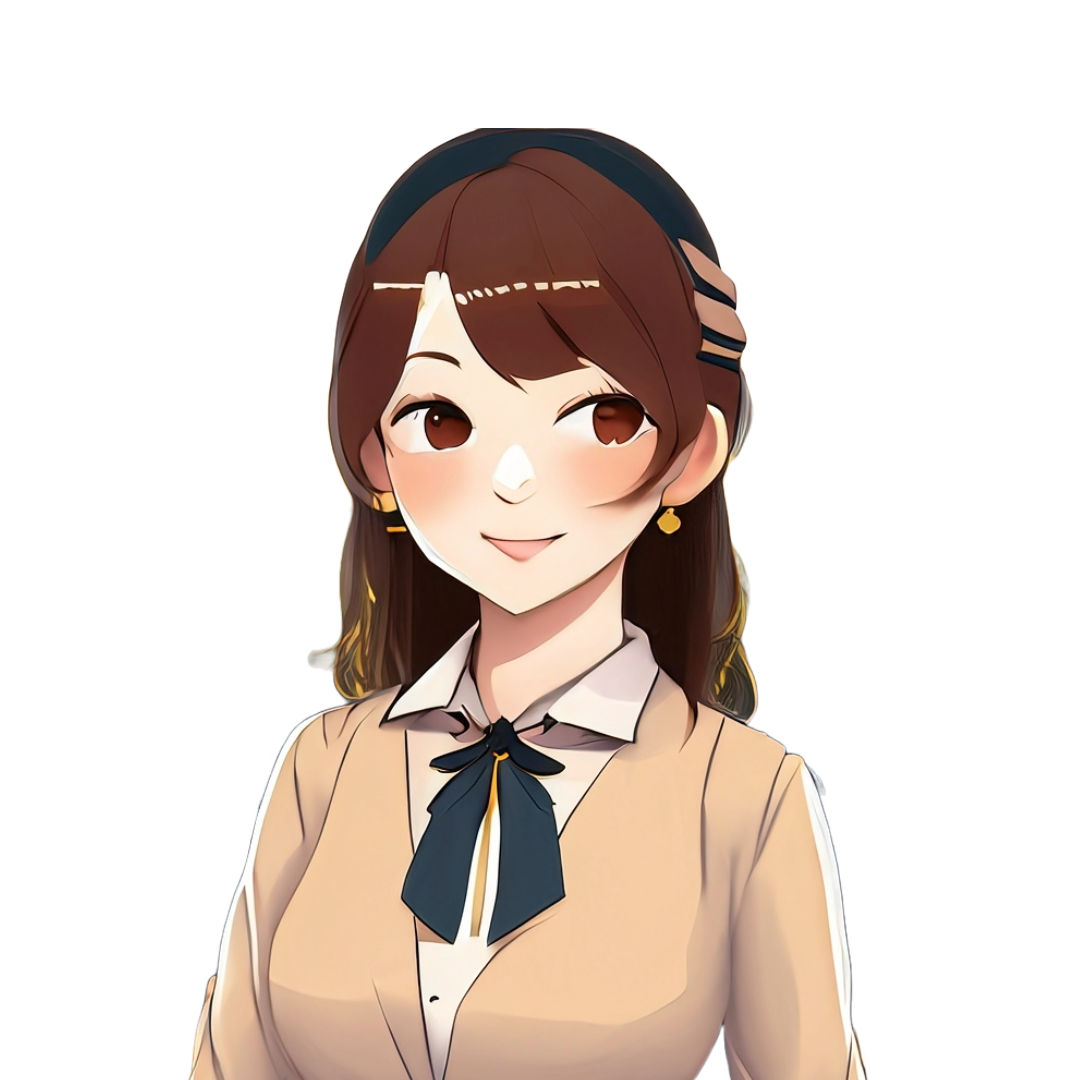
趣味は音楽をきくことです。
My hobbies is listening to music.

今日の宿題は単語を20個おぼえることです。
Today’s homework is to memorize 20 words.
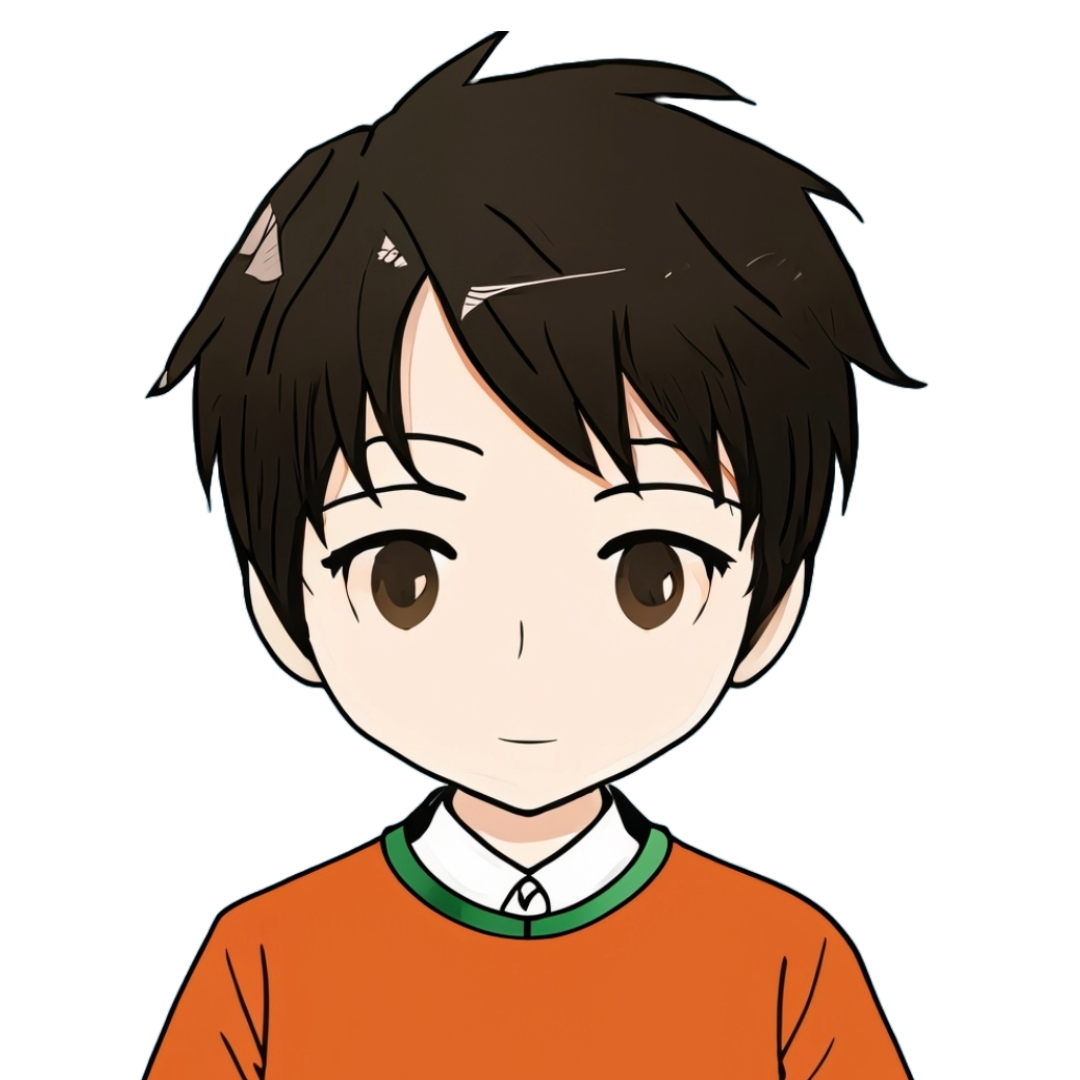
夢はサッカーせんしゅになること!
My dream is to become a soccer player!
[V dic.]ことがあります
Adding “ことがあります” to the dictionary form allows you to occasionally mention something in daily life.
It’s used when the frequency is low.
When asking a question, it’s okay to change “が” after こと to “は.”

みなさんはカラオケとか行くことはありませんか。
Do any of you go to karaoke or something like that?
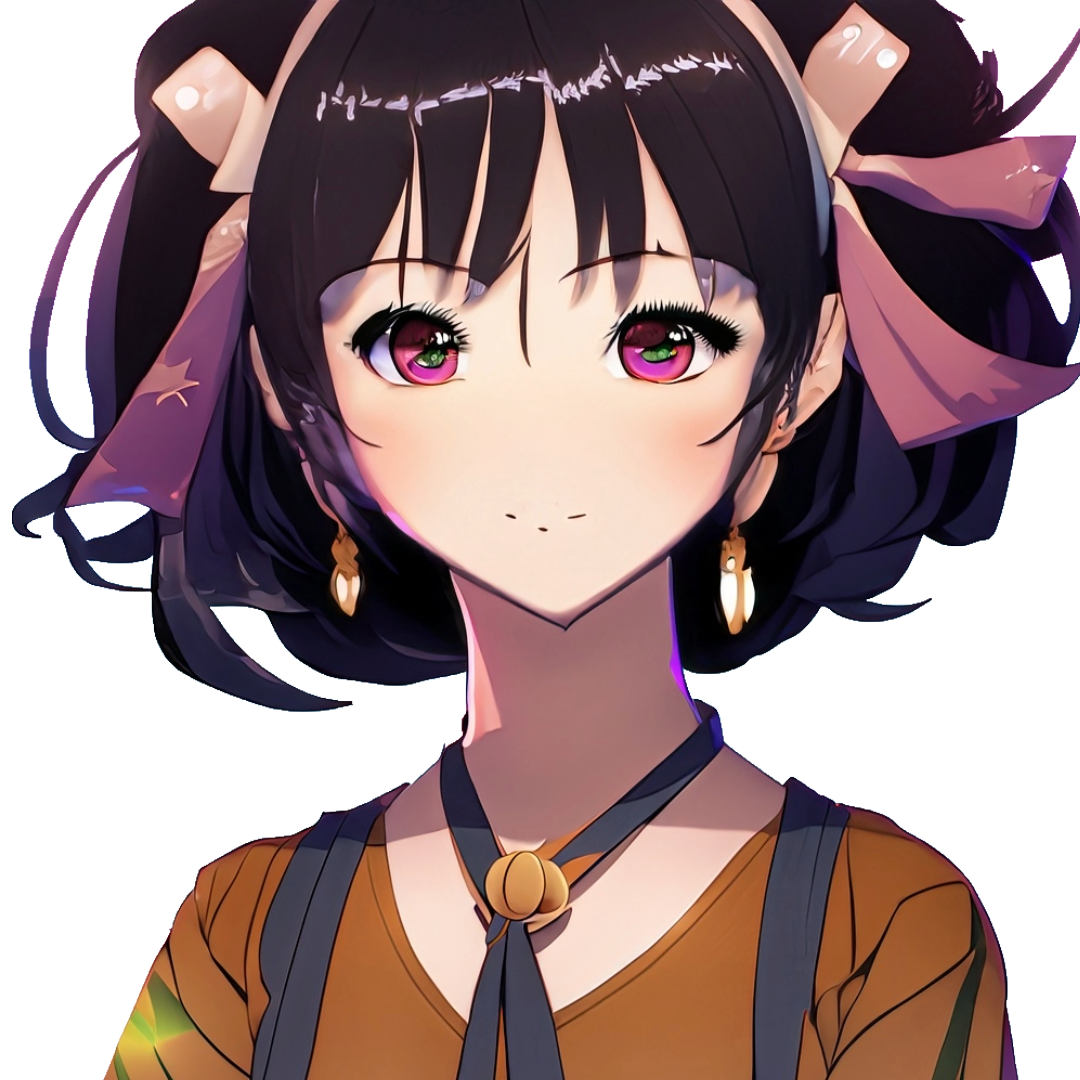
週末、東京に行くことがあります。
I sometimes go to Tokyo on weekends.
It’s sometimes used in conjunction with expressions like “たまに” or “ときどき” to indicate infrequent occurrences.

毎日、電車で会社に行きます。
たまに、タクシーで会社に行くことがあります。
I go to work by train every day.
Occasionally, I take a taxi to go to work.

Netflixで映画をみます。
ときどき、映画館で映画を見ることがあります。
I watch movies on Netflix.
Sometimes, I watch movies at the cinema.
| もくひょう | goal |
| やせます | lose |
| けんかします | fight |
Rearrange the words
Q1:My goal for this year is to lose 10 kilograms.
Q2:Kaito and Rina sometimes have fights.
1. 今年の/もくひょうは/10kg/やせること/です
2. かいとくんとリナちゃんは、/たまに/けんかする/ことがあります
